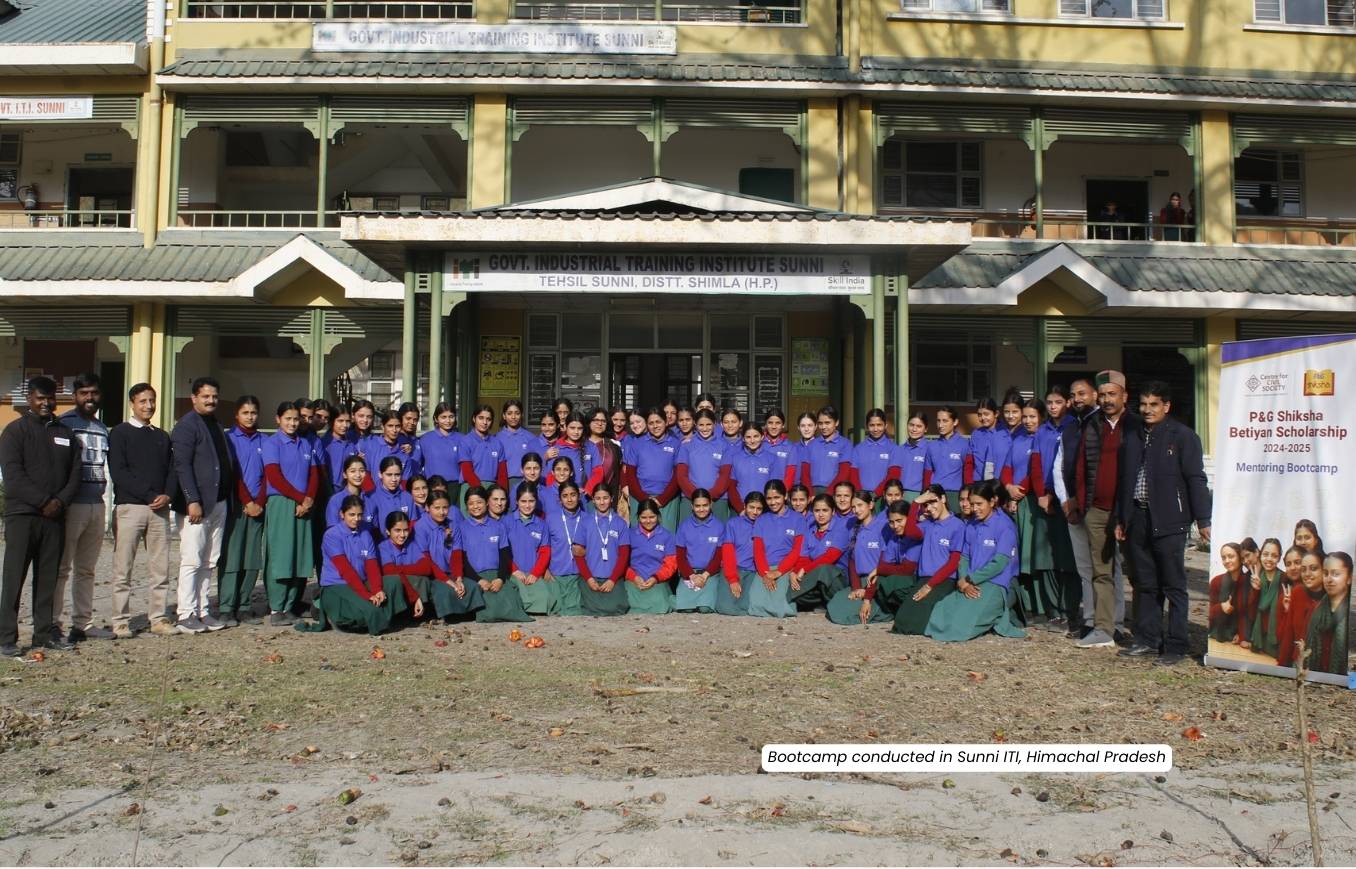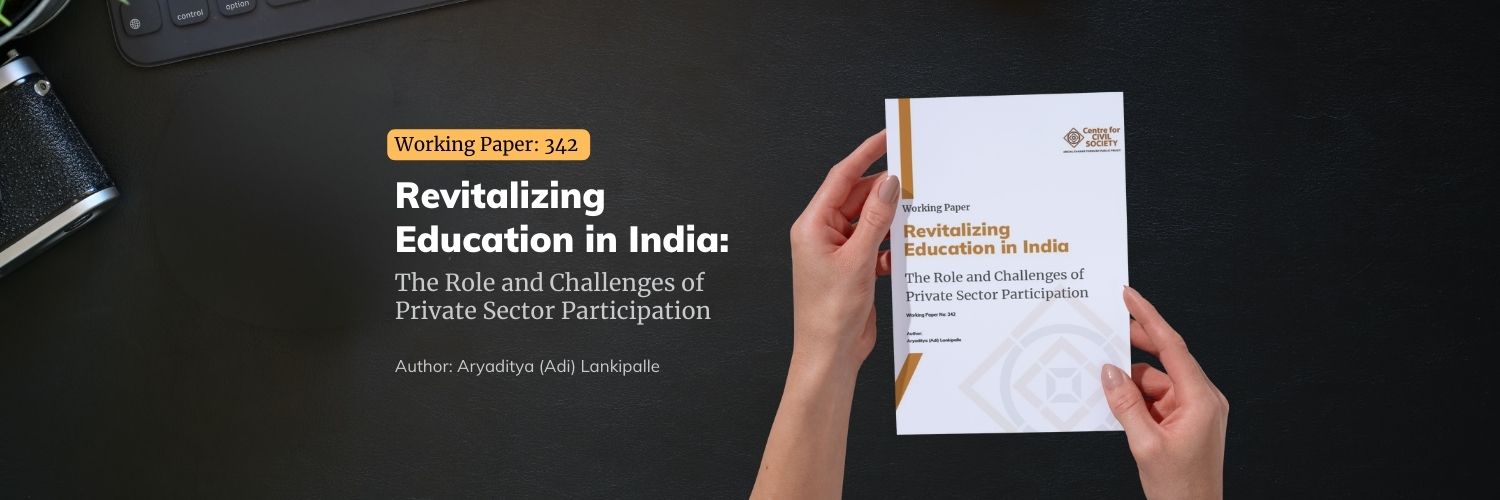A recent study by Azim Premji Foundation (APF) titled “Right to Education Act (RTE), 2009 and Private School Closure in India” has received wide media coverage and ignited debate over the impact of RTE on private schools. The study claims that only five private schools have closed down in seven states and one union territory that it studied—four in Karnataka and one in Uttarakhand. Anurag Behar, CEO of APF, declared that any research reporting otherwise is “false or ludicrously exaggerated.”[1]
The possible impact of RTE on the closure of private schools is a critical policy issue, especially when the parents have deliberately chosen the fee-charging schools over the free government schools. Therefore, the study deserves closer review and analysis, which is the objective of this detailed assessment. Instead of doing a newspaper column, we decided to do a full review of their research processes, methodology and overall soundness of research. The basic purpose is not so much to challenge their conclusions but to assess the research that serves as a basis for arriving at those conclusions.
We embarked on our mission: We read the study once, twice, thrice. We thought we must be missing something—this is a study produced by India’s largest education foundation. After all those readings and discussions, we came to the inescapable conclusion: the quality of the APF study is alarmingly poor. It is hard to believe that the most well-endowed education foundation in the country, which also runs an education university, would consider this study worthy of publication. Moreover, the CEO of the Foundation, who presumably has read the study, would consider it appropriate to ridicule all other research and experiences, and even declare them as almost lies, on the basis of this study. It is really a sad day for research, for the quality of public debate and for the quality standards of APF.
[1]Anurag Behar, ‘Reality of School Closures,’ Mint, 18 February 2016, http://www.livemint.com/Opinion/nd3HbSousJ84BbJtlomlHN/The-reality-of-school-closures.html. See also Rohit Dhankar, ‘A Lesson in Hidden Agendas,’ Hindu, 26 March 2016, http://www.thehindu.com/opinion/lead/a-lesson-in-hidden-agendas/article8397088.ece A reply to Dhankar by one of the authors is ‘Ideology Masquerading as Research, 'http://spontaneousorder.in/ideology-masquerading-as-research/

P&G Betiyan Scholarship 2024-25
P&G Betiyan Scholarship Program, launched in collaboration with the Centre for Civil Society in 2021-22, is focused on addressing the gender gap in STEM education (Science, Technology, Engineer


